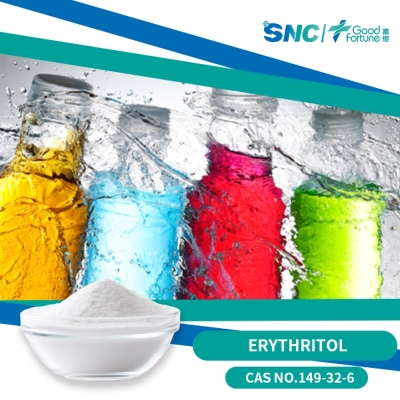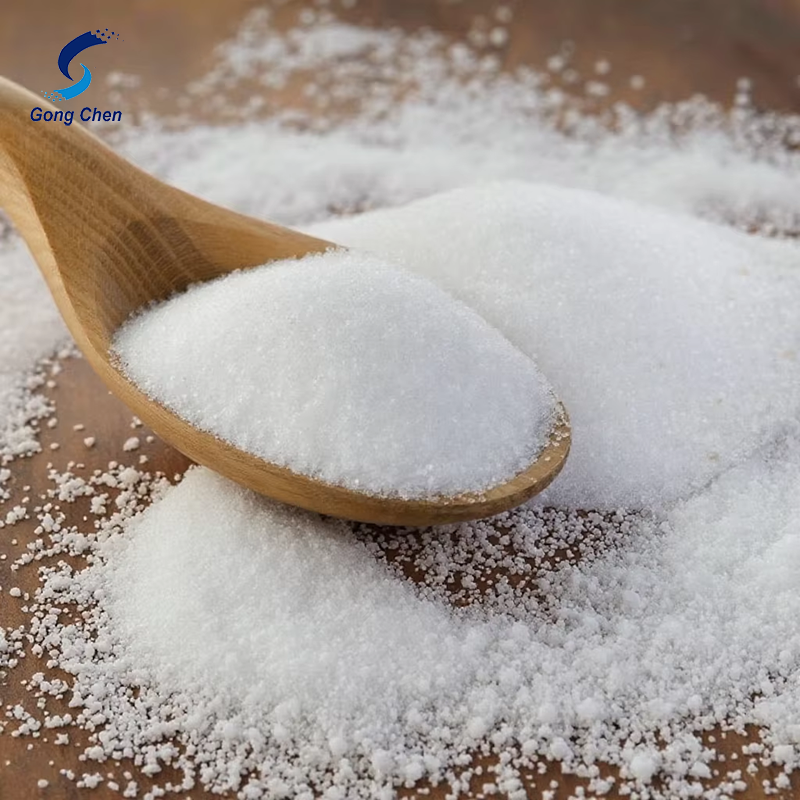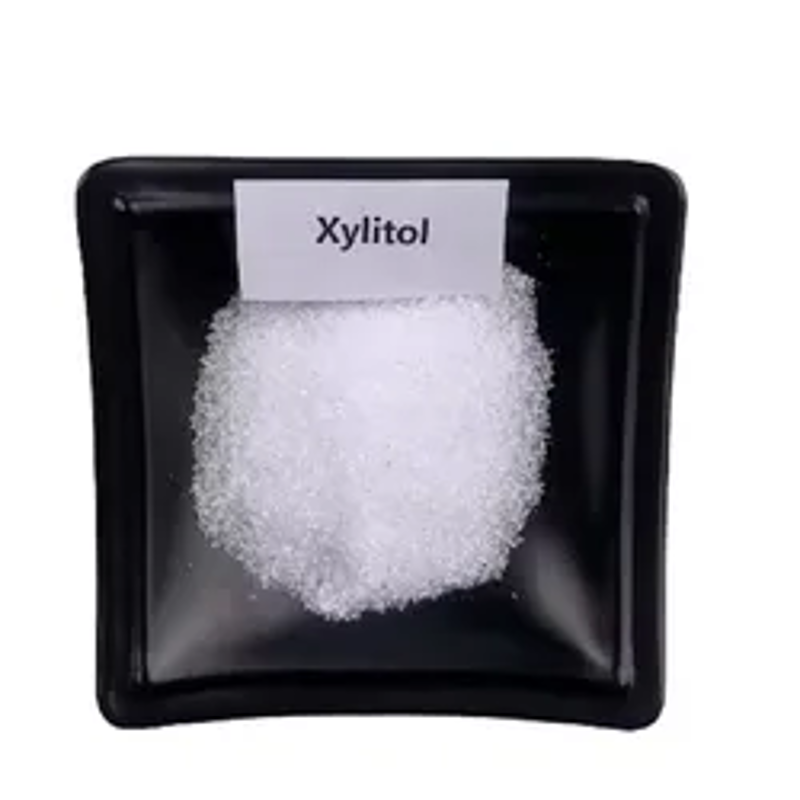-
Categories
-
Pharmaceutical Intermediates
-
Active Pharmaceutical Ingredients
-
Food Additives
- Industrial Coatings
- Agrochemicals
- Dyes and Pigments
- Surfactant
- Flavors and Fragrances
- Chemical Reagents
- Catalyst and Auxiliary
- Natural Products
- Inorganic Chemistry
-
Organic Chemistry
-
Biochemical Engineering
- Analytical Chemistry
-
Cosmetic Ingredient
- Water Treatment Chemical
-
Pharmaceutical Intermediates
Promotion
ECHEMI Mall
Wholesale
Weekly Price
Exhibition
News
-
Trade Service
.
According to Chapter 6 of Regulation No.
396/2005 of the European Commission, Syngenta Crop Protection AG submitted an application to the French national authority for the establishment of import limits for fludioxonil in beetroot and bananas
.
After evaluation, the European Food Safety Agency concluded that, based on reported agricultural practices, long-term ingestion of residues resulting from the use of fludioxonil is unlikely to pose a health risk to consumers
.
Some of the original reports are as follows:
396/2005 of the European Commission, Syngenta Crop Protection AG submitted an application to the French national authority for the establishment of import limits for fludioxonil in beetroot and bananas
.
After evaluation, the European Food Safety Agency concluded that, based on reported agricultural practices, long-term ingestion of residues resulting from the use of fludioxonil is unlikely to pose a health risk to consumers
.
Some of the original reports are as follows:
In accordance with Article 6 of Regulation (EC) No 396/2005, the applicant Syngenta Crop Protection AG submitted a request to the competent national authority in France to set import tolerances for the active substance fludioxonil in sugar beet roots and bananas.
The data submitted in support of the request were found to be sufficient to derive maximum residue level (MRL) proposals for sugar beet roots and bananas.
Adequate analytical methods for enforcement are available to control the residues of fludioxonil in the commodities under consideration at the validated limit of quantification (LOQ) of 0.
01 mg/kg and in animal matrices at the validated LOQ of 0.
01 mg/kg in milk and muscle and 0.
05 mg/kg in liver, kidney, fat tissues and eggs.
based on the risk assessment results, EFSA concluded that the long-term intake of residues resulting from the use of fludioxonil according to the reported agricultural practices is unlikely to present a risk to consumer health.
The data submitted in support of the request were found to be sufficient to derive maximum residue level (MRL) proposals for sugar beet roots and bananas.
Adequate analytical methods for enforcement are available to control the residues of fludioxonil in the commodities under consideration at the validated limit of quantification (LOQ) of 0.
01 mg/kg and in animal matrices at the validated LOQ of 0.
01 mg/kg in milk and muscle and 0.
05 mg/kg in liver, kidney, fat tissues and eggs.
based on the risk assessment results, EFSA concluded that the long-term intake of residues resulting from the use of fludioxonil according to the reported agricultural practices is unlikely to present a risk to consumer health.
For more details, please refer to: https://efsa.
onlinelibrary.
wiley.
com/doi/10.
2903/j.
efsa.
2021.
6919
onlinelibrary.
wiley.
com/doi/10.
2903/j.
efsa.
2021.
6919
This article is edited by Foodmate.
com Food Information Center.
If you have any questions, please contact news@foodmate.
net
.
com Food Information Center.
If you have any questions, please contact news@foodmate.
net
.







